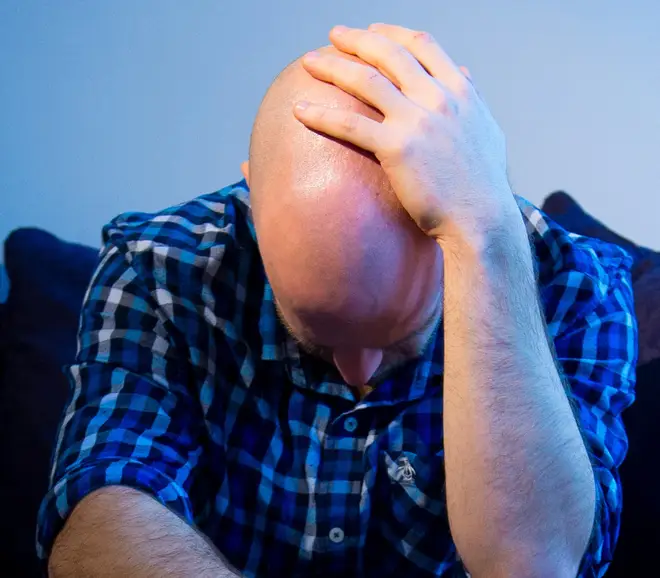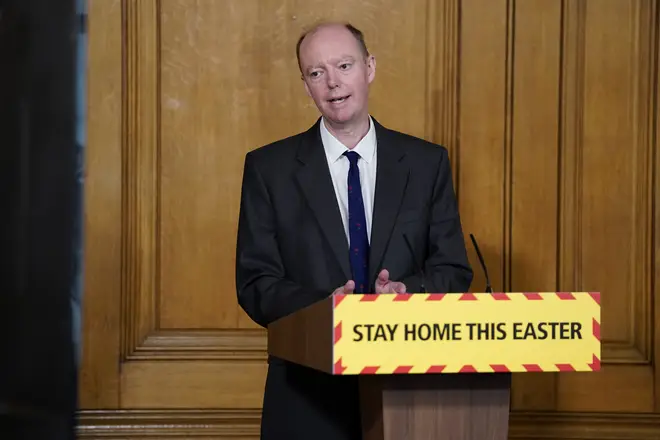
Nick Abbot 10pm - 12am
27 April 2020, 08:43

The majority of the UK population is obeying coronavirus lockdown rules, but many are feeling more anxious and depressed than usual, a survey has suggested.
Respondents to wide-ranging research by King's College London have been categorised into three groups.
These groups were the "accepting", the "suffering" and the much smaller "resisting" section.
Results found that the "suffering group" was made up mostly of women.
Almost two-thirds of this group said they have slept less or worse than usual, and a little over a third said they think about coronavirus all the time.
In the same group, 93% reported feeling more anxious and depressed since the lockdown was introduced.
Follow our coronavirus liveblog here

Listen & subscribe: Global Player | Apple Podcasts | Google Podcasts | Spotify
Young people were most likely to be in the resisting group, while people aged between 55 and 75 were most likely to be part of the accepting group, and both were majority male, those behind the survey said.
The number of people losing sleep or feeling more anxious was lowest among the accepting group, according to the survey's findings.
Of the small minority (9%) who were classed as the resisting group, just under half said they were complying completely or nearly all the time with lockdown rules.
Just over a third, which translates to around 67 people, said they had gone to work or outside despite having possible symptoms of the virus.
Within the resistance group, one third said they expected life to return to "normal" in three months or less, three times the percentage in each of the other two groups.
The "accepting" group was 48% of the UK, while 44% were classed as "suffering".
The survey, of 2,250 UK residents aged between 16 and 75 was carried out between April 1-3, before England's chief medical officer Chris Whitty stated that the UK will likely have to live with some form of disruptive social measures for at least the rest of the year.
More than half of each of the three groups thought the Government acted too slowly to control the spread of coronavirus.

Paramedic on social distancing
In looking at people's political leanings, researchers said Remain voters made up most of the resisting and suffering groups, while the accepting group was majority Leave voters.
Professor Bobby Duffy, director of the policy institute at King's College London, said: "The large bulk of the population are fully behind the measures, but even within this group there are clear dividing lines between those who are coping pretty well and those who are really suffering.
"Nearly all of this suffering group have felt more anxious and depressed, and six in 10 are losing sleep."
Those in the resisting group were more likely to believe false or unlikely claims including that coronavirus was created in a lab and that it can be transmitted by pets, the research suggested.
Dr Daniel Allington, senior lecturer in social and cultural artificial intelligence at the college, said communication with this group is especially important.
He said: "There are some people who don't seem to see the need for the measures currently being taken, and as a result appear reluctant to follow the rules.
"Communication with the latter group will be very important, to help them understand why these measures are necessary, and to correct the dangerous misinformation that is circulating on social media."